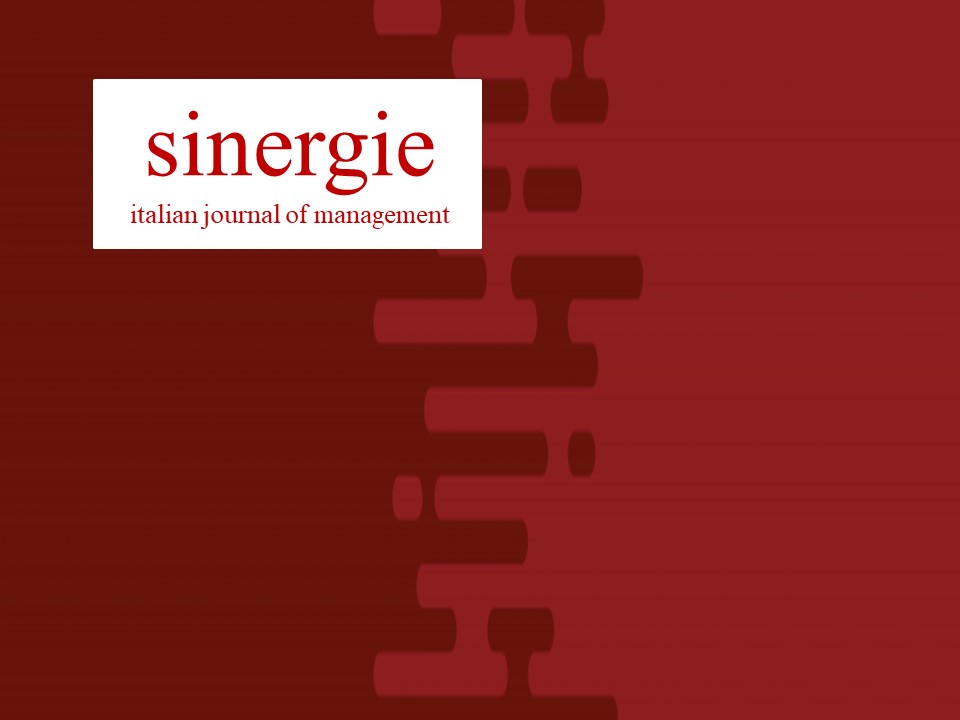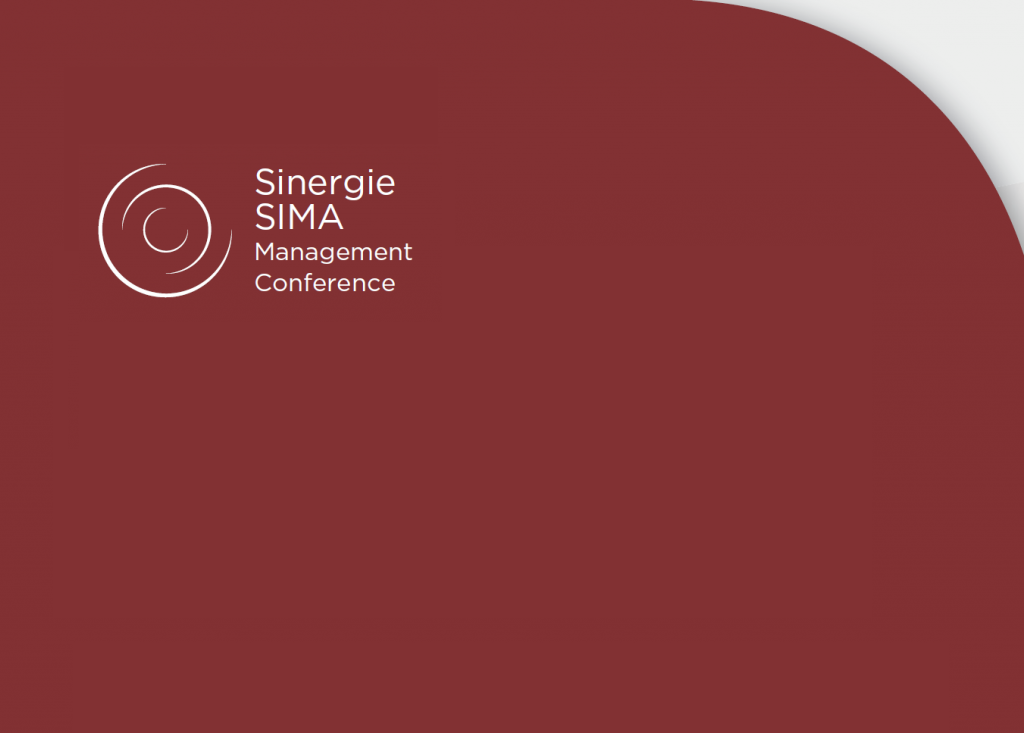Diffusione dell'innovazione ed evoluzione dei sistemi locali complessi: un'analisi attraverso la simulazione ad agenti
This work aims to study the spreading of an innovation within complex social systems, following these research hypotheses:
a) the effects of the network with its specific topology affect the innovation diffusion, by making the process faster due to a number of links which is higher than the critical mass and specific kinds of links;
b) innovation diffusion, during its process, affects the links and the actors in the network itself.
These research hypotheses have been analyzed by means of a simulation model, based on computational agents, developed by the authors within the E-Business L@B. The evolution of the subjects composing the network (agents/enterprises) and their dynamics have been evaluated by means of statistical tools and data mining analysis. The model, once parameterized, has been applied to local complex systems, like Silicon Valley and Route 128, in order to analyze the prevailing dynamics that allowed the former to adapt to the ever going changes in the competitive scenario and the latter to progressively lose its edge. Many researches stress the inadequacy of the traditional competitive vision of relations among enterprises, favoring a market structure which, on the contrary, sees the enterprises as ready to cooperate among them. The cooperation this describes a new competitive profile: from a firm-to-firm competition, to a network-to-network one (Vicari, 1989).


